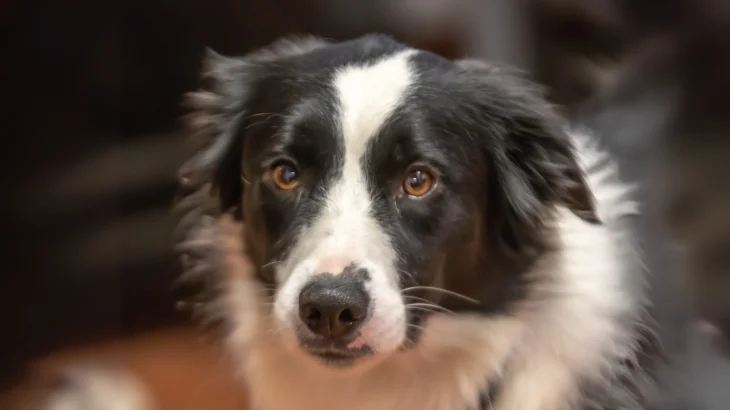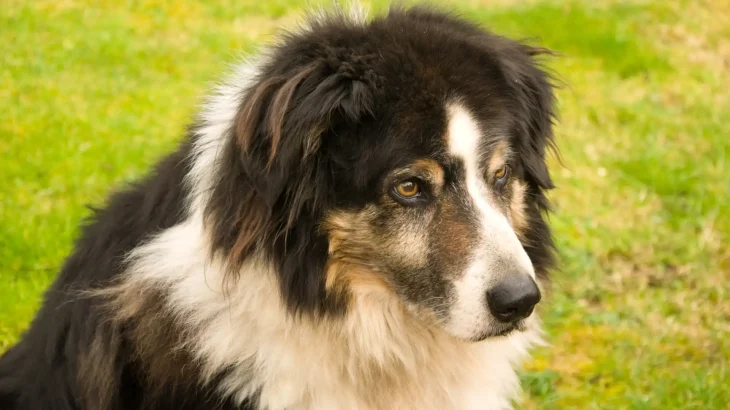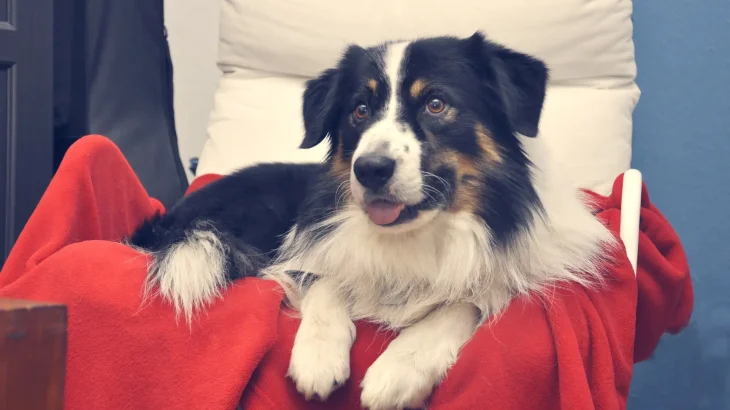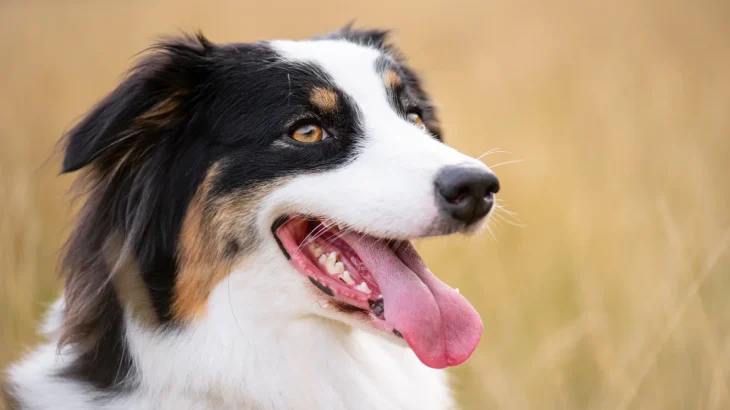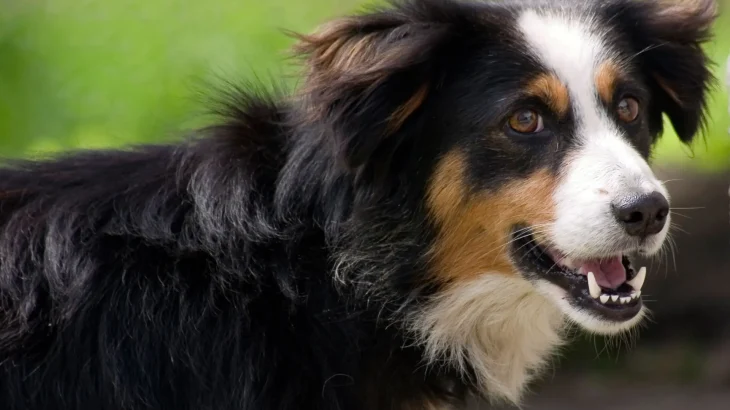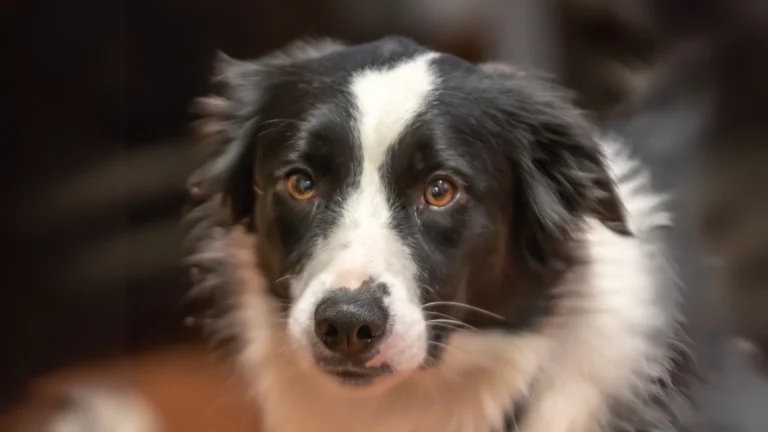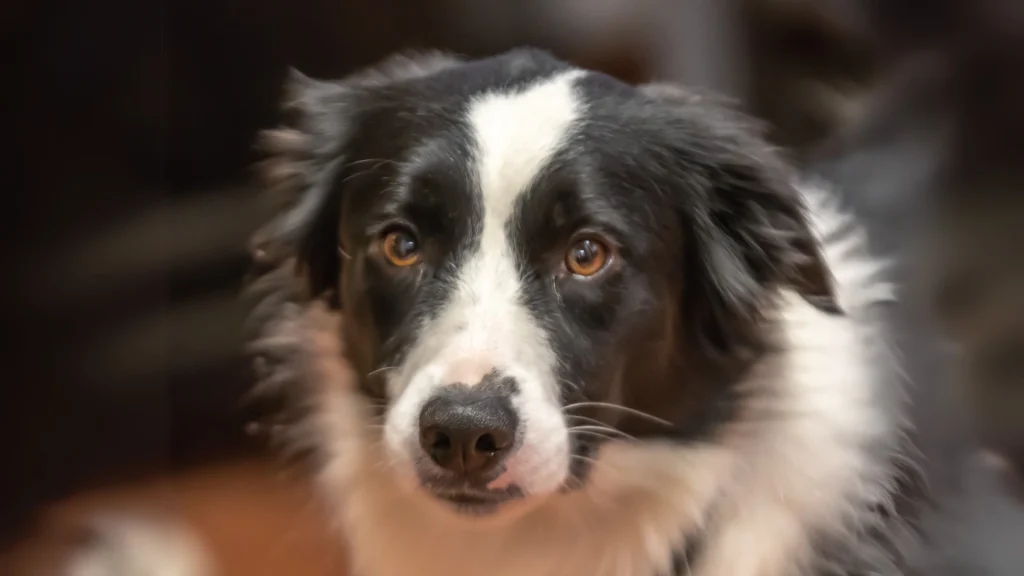Pet insurance is valuable for Greek Sheepdog owners because it helps cover unexpected veterinary bills from illness, injury, or accidents. This active, protective breed is generally healthy but may face emergencies like accidental ingestion or surgeries. Insurance eases financial stress and ensures timely care. It doesn't replace preventive health care but offers a helpful safety net. Typical policies cover illnesses, surgeries, and sometimes liability, but often exclude routine care or pre-existing conditions. Alternatives like saving money offer less security.
Health and Surgery Coverage
Insurance usually covers treatments for illnesses and accidents, including exams, diagnostics, hospitalization, and surgery, which can be costly if a Greek Sheepdog gets hurt during play. Routine wellness visits and vaccinations are often not covered, so owners pay those. Waiting periods and exclusions for pre-existing conditions are common. For serious health issues, insurance can prevent major financial hardship.
Liability Coverage
Liability coverage protects owners if their Greek Sheepdog injures someone or damages property, which can occur given the breed's protective nature. It can cover legal fees and compensation, usually requiring an extra premium. This adds peace of mind for owners concerned about accidents.
Alternatives to Insurance
Some owners save money for vet expenses instead of buying insurance. While avoiding premiums, savings might be insufficient for expensive emergencies. Given this breed's active lifestyle, sudden costly treatments could exceed saved funds. Savings lack risk pooling, making them less reliable for big bills.
Owner Costs and Coverage Limits
Policies often include deductibles or co-pays, so owners pay part of vet bills. Annual or lifetime payout limits may apply. It's important to understand coverage, out-of-pocket expenses, and claim processes, especially for a breed prone to injuries or illnesses.
Advantages and Disadvantages of Pet Insurance
The main advantage is financial protection against unexpected vet costs, enabling prompt care without large immediate expenses. Disadvantages include premium costs, coverage limits, and possible denied claims. Insuring a Greek Sheepdog involves weighing these factors to protect both the dog's health and the owner's finances.

